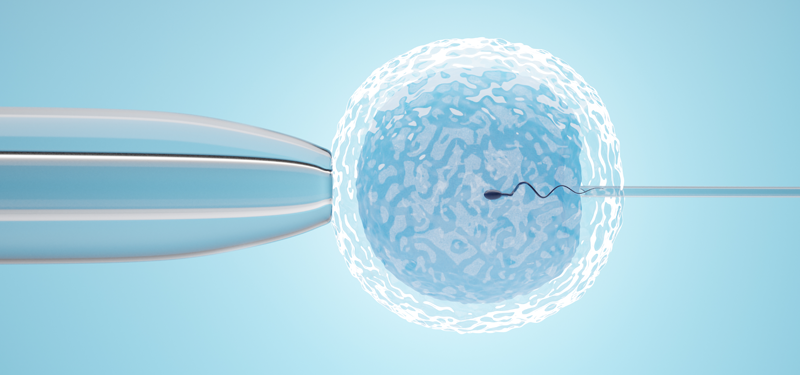
Intracytoplasmic Sperm Injection or ICSI is a procedure for males with infertility. Your doctor may perform ICSI treatment as a part of in vitro fertilization (IVF). IN ICSI, the fertility doctor directly injects sperm into the egg.
Your fertility doctor may prescribe ICSI in the following cases:
If a female partner has a history of poor-quality eggs causing problems in fertilization, then ICSI may not help.
If talking about ICSI alone, ICSI itself is a very successful procedure. But, since the doctors do it as a part of IVF, we cannot rule out the factors in IVF determining a successful pregnancy. So, the chance of success in ICSI is very similar to IVF and depends on factors such as the woman’s age.
ICSI will be the same as routine IVF except for one difference. In ICSI, instead of mixing the eggs with the sperm for fertilization, your embryologist will inject sperm directly into the egg. By doing this, the embryologist overcomes the inability of the sperm to get into the egg.
Your doctor may advise you to wait for two to three months before trying again. This break will give you time to recover from the stress during ICSI. If you feel there are reasonable chances of success, you can again try for ICSI. Alternatively, you can discuss other options with your doctor.